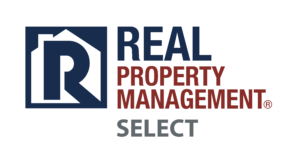New Law Limiting Security Deposits in Effect as of July 1, 2024, Sacramento
As of today, July 1, a new California law limiting security deposits to one month’s rent for both furnished and unfurnished units is now in effect. According to Mike Nemeth, Marketing and Communications Director for the California Apartment Association (CAA), this legislation, AB 12 by Assemblyman Matt Haney, D-San Francisco, was signed into law by Gov. Gavin Newsom in October 2023.
Previously, landlords could charge up to two months’ rent for an unfurnished unit and three months’ rent for a furnished one, except for tenants who were service members. The new law marks a significant change from these previous regulations.
The legislation includes an exception for certain small landlords. Property owners with no more than two residential rental properties, collectively including no more than four dwelling units offered for rent, may still collect up to two months’ rent as a security deposit. To qualify for this exception, the owner must hold the property as a natural person, a limited liability company (in which all members are natural persons), or as a family trust. This small-landlord exception does not apply when the tenant is a military service member.
“It’s crucial for landlords across California to understand and comply with these updated security deposit regulations,” said Whitney Prout, Executive Vice President of Legal Affairs for the California Apartment Association. “We strongly encourage all CAA members to review our updated security deposits background paper, which reflects the changes brought by AB 12. This resource is designed to help our members navigate this significant change and ensure they’re operating within the bounds of the new law.”
Stay updated with us on the latest regulatory changes and best practices in property management to ensure you’re always compliant.


